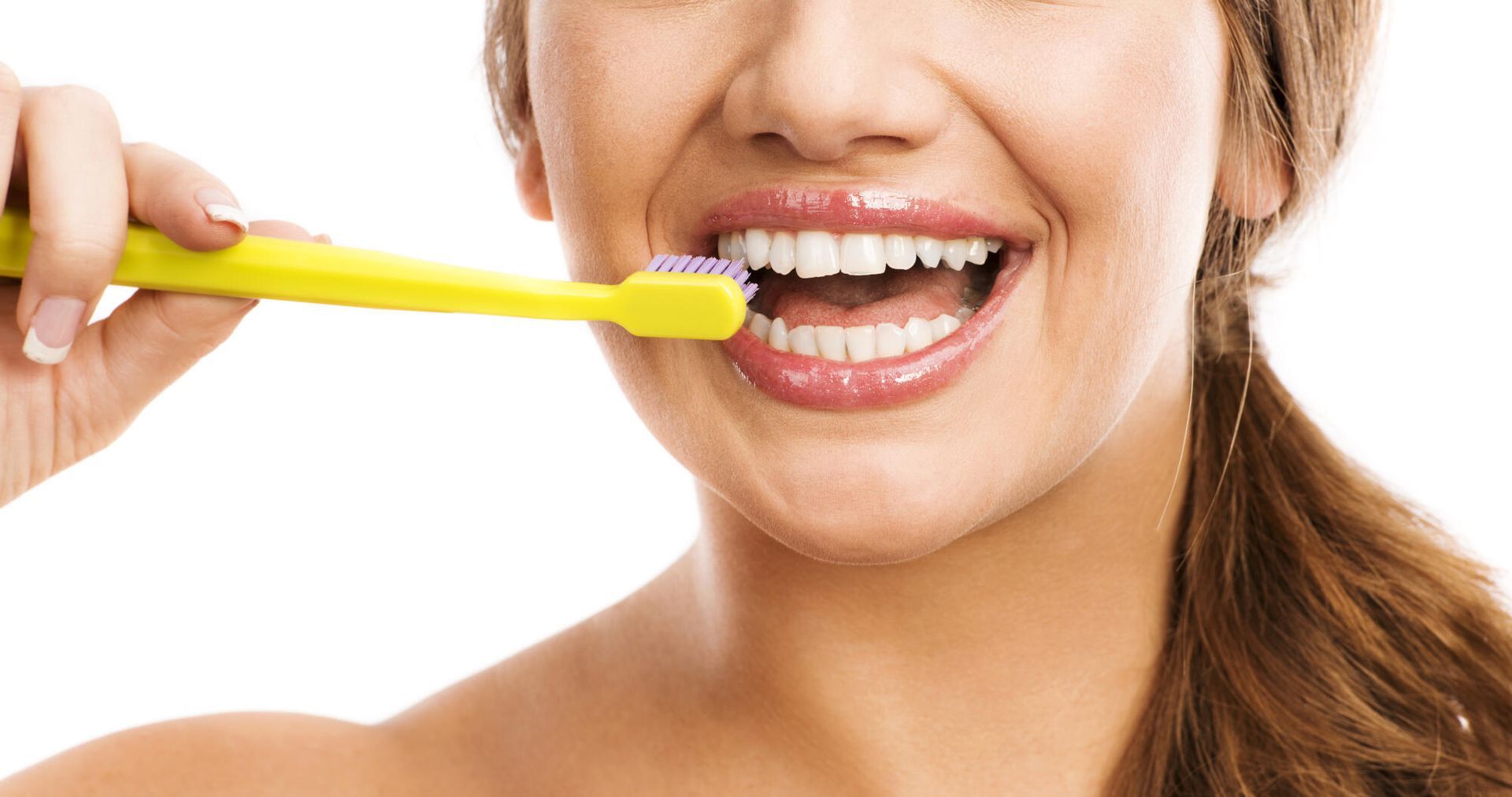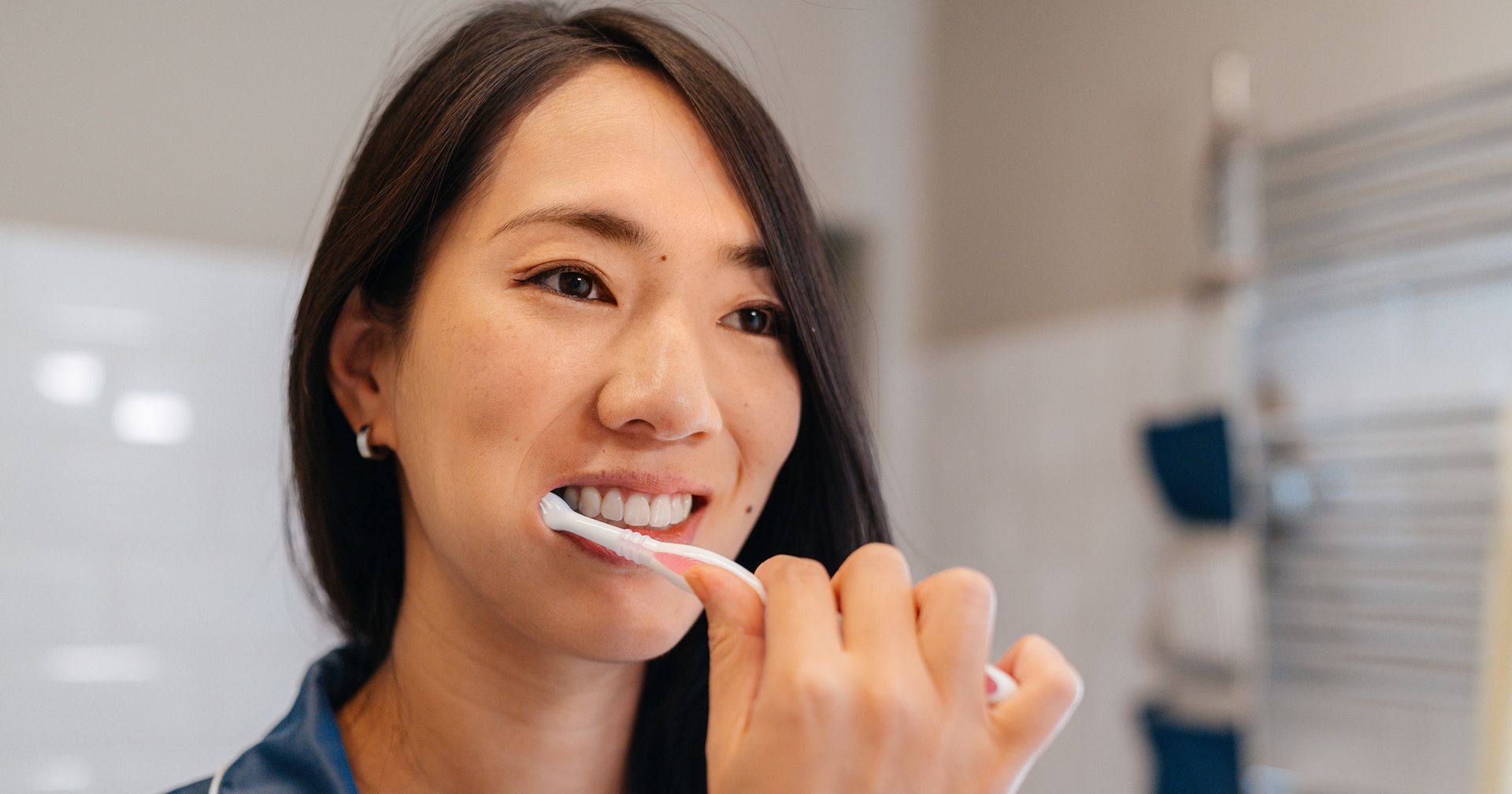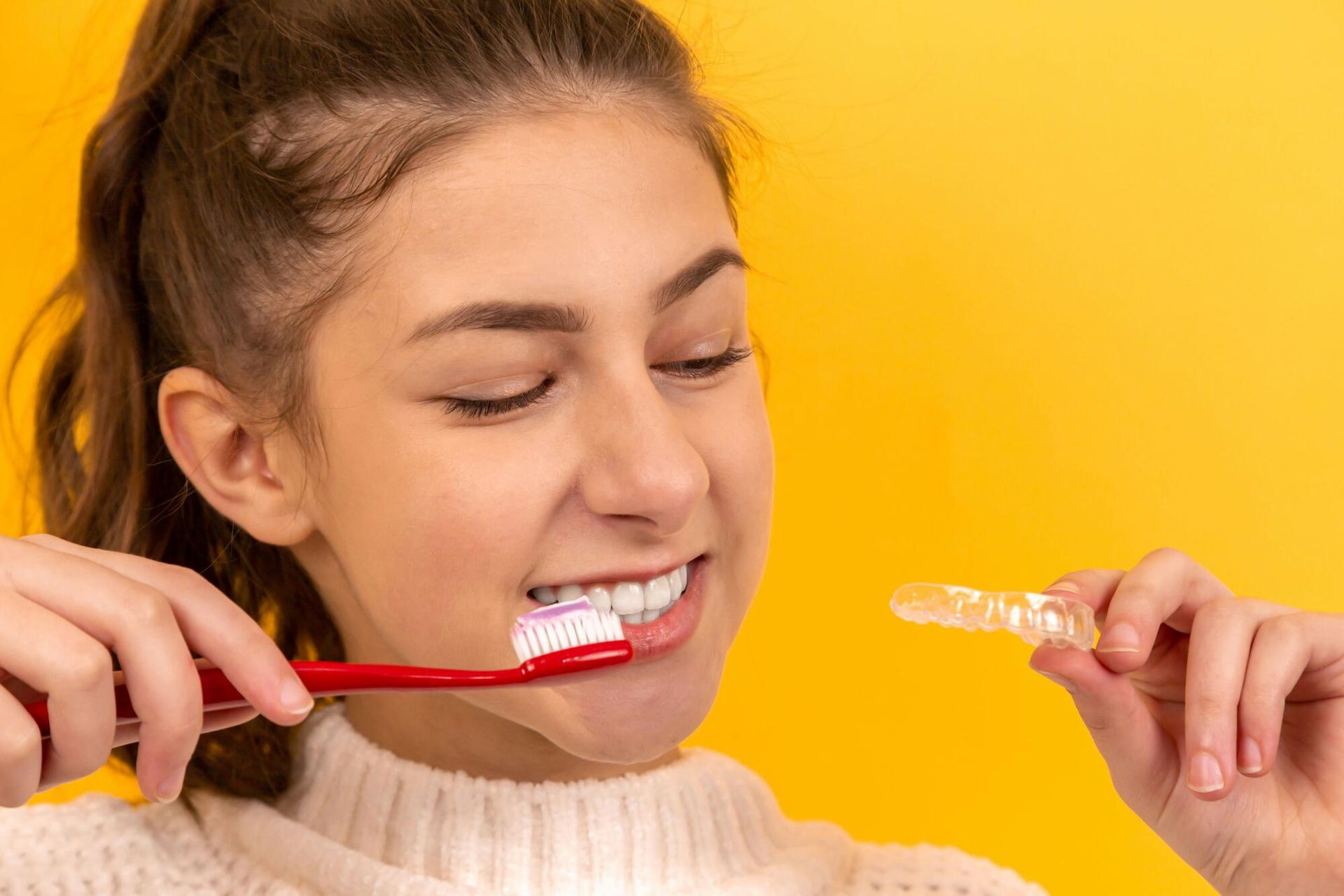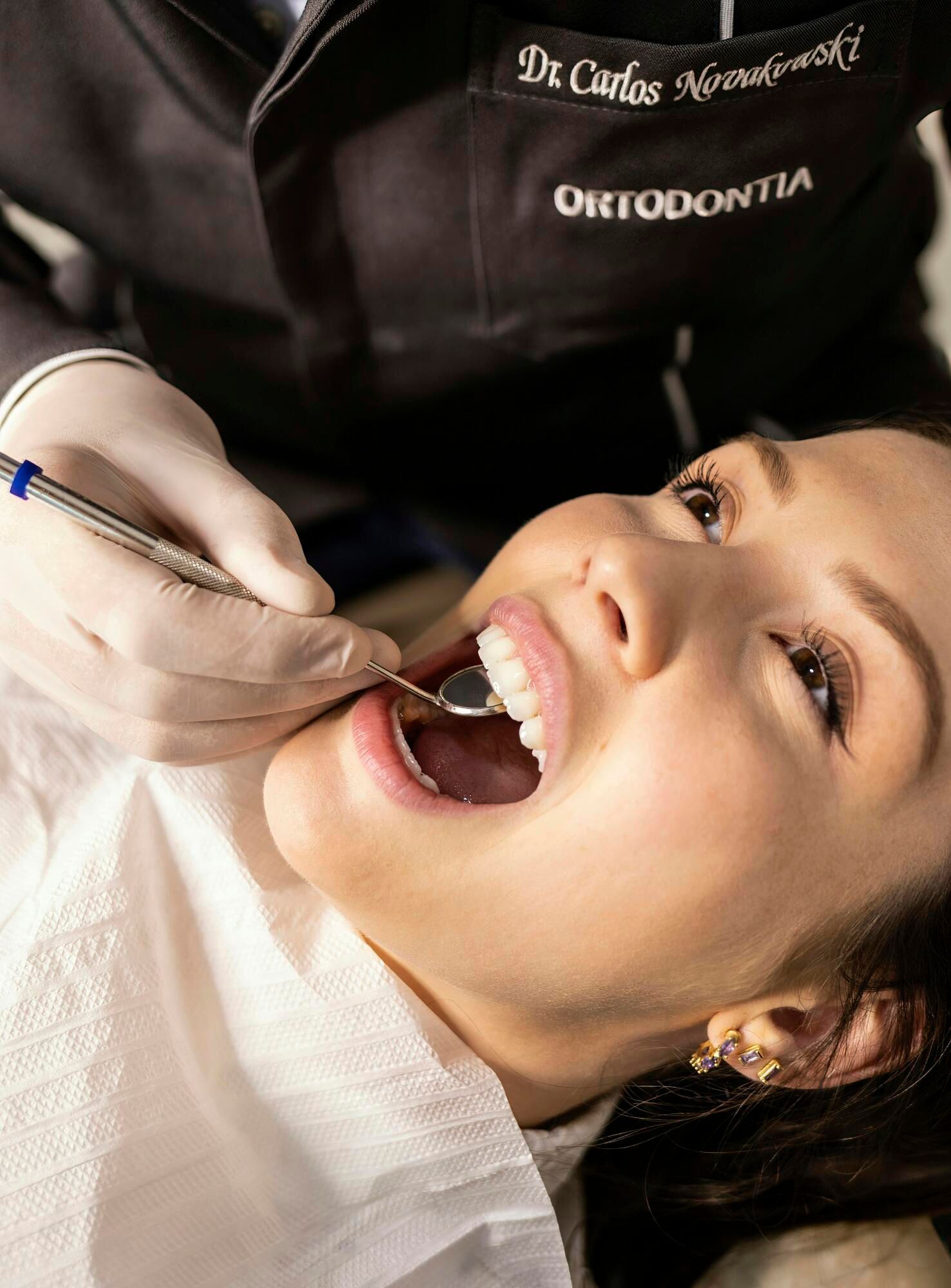Do I Need a Root Canal? 8 Signs That You Need a Root Canal
Have you been asking yourself, do I need a root canal? If you're experiencing swollen gums the answer might be yes. Keep reading for a complete list of signs.
Every year, more than 15 million root canal procedures are performed in America.
Root canals have a bad reputation for being particularly unpleasant, but this common, often necessary procedure is usually far less painful than the pain caused by an infected tooth.
You may be wondering... do I need a root canal? While sometimes there are no noticeable symptoms to an infected or decayed tooth, there are some signs that you need a root canal that you shouldn't ignore.
Let's learn more about the cause of root canals, root canal symptoms, and the signs that you need a root canal.
Don't Rely Solely On Self-Diagnosis
A root canal treatment, also known as endodontic treatment could be a lifesaver for your smile and relieve your tooth pain.
The word endodontic comes from the Greek words endo which means "inside" and odont which means "tooth." Because this treatment has to do with the insides of your teeth, it isn't always possible to know that you're experiencing tooth infection, decay, or issues.
While there are many signs and symptoms that may pop-up and indicate that you are having oral health problems, often times the symptoms of a root canal don't occur until the problem is in its advanced stages.
This means that you could be walking around with a root canal without any knowledge of it for a long time.
Visiting the dentist regularly is your best bet in terms of spotting an issue before it escalates.
If you're asking yourself, how do I know if I need a root canal? then you should do yourself a favor and get your oral health checked out by a professional.
There are many methods a dentist might use to diagnose a need for root canal treatment, many of which are unavailable to you at home. Including X-Rays and thermal and electric testing, heading to your dentist's office is the best way to learn whether or not you require a root canal procedure.
So if you don't have any of the symptoms listed below, you aren't necessarily in the clear! Root canals can go undetected for a long time, and the quicker you deal with it the more likely you'll avoid an abscess and save your tooth.What Root Canal Treatment Can Do For Your Oral Health
This treatment can repair and save your teeth if they're infected or decayed.
Root canal therapy becomes necessary when the pulp of the tooth is damaged. The pulp of the tooth is the soft center of a tooth containing blood vessels, connective tissue, and nerves.
When the pulp of your tooth is damaged it can lead to an infection or an abscessed tooth because bacteria are able to multiply in the pulp chamber. An abscessed tooth forms as a result of bacterial infection and is basically a pocket of pus that forms at the tooth's root.
Root canal therapy consists of removing the infected or inflamed pulp inside your tooth and then cleaning and shaping the interior of the root canal. The space will then be filled and sealed. Finally, a crown or other similar restoration will be applied to the tooth in order to restore its ability to be a fully functioning tooth.
If you're in need of a root canal procedure, it will relieve any pain you've experienced. With more than a 95% success rate, root canal treatment can prevent the further spread of infection and ensure that an abscess doesn't form around the problem tooth. This treatment also helps protect the teeth around your problem tooth from strain and discomfort.
Okay, so now we understand how root canal therapy can be beneficial for your oral health. But how do I know if I need a root canal?
Do I Need A Root Canal? The 8 Most Common Signs
How do you know if you need a root canal? There are several root canal symptoms that indicate you should see a dentist.
Whether you've been suffering from one of these symptoms for a while, or it just popped up yesterday, let's take a look at the 8 most common signs that you need a root canal.
1. Constant Pain
A toothache is an incredibly uncomfortable form of pain to experience. If you have persistent pain that isn't brought on by anything in particular, it's important that you have a dentist look into why you are experiencing oral pain, and whether or not you need a root canal.
If you find that chewing or applying pressure to your tooth is leaving you with severe pain, you may need to seek root canal treatment.
2. Heat and Cold Sensitivity
Whether you're trying to enjoy a hot drink or some ice cream, sensitivity to heat or cold is one of the root canal symptoms to look out for.
3. Swollen Gums
Also referred to as gingival swelling, swollen gums are redder than their normal pink color and begin to cover parts of your teeth. If you notice that your gums are sensitive, painful, or irritated, and they seem to bleed easily when flossing or brushing, there's a good chance they're swollen.
If your gums are sore or visibly swollen, it's possible that the pulp of your tooth is infected. Inflammation of the gums, particularly if it's around one particular tooth, is your body's natural reaction to having a tooth infection or decay.
4. Pimple-like Bump on Gums
An abscess also referred to as a gum boil, is a swollen, pimple-like bump on your gums.
This gum boil forms when an infection is present as a result of bacteria. This one of the signs that you need a root canal, but could also indicate other oral health problems that need to be addressed.
5. Tooth Discoloration
Dark discoloration of your tooth is a sign that you may require root canal treatment. If you have a tooth that has turned greyish-black it indicates that there has been some kind of change in the nerve space or your tooth has undergone some kind of trauma.
If you notice discoloration in a tooth, you should get it checked out by a dentist right away. As it can take up to ten years for a tooth to become discolored, you may have had an underlying problem for a long time.
6. Prolonged Sensitivity
We've already talked about sensitivity to hot and cold foods and drinks, but what if the pain persists long after you've stopped eating and drinking?
Prolonged sensitivity to temperature or pressure can be a sign that there is an infection or decay in one of your teeth. If you have tooth pain that is lingering long after exposure to extreme temperature or stimulation, you should consult with a dentist to see if you need root canal therapy.
7. Discharge
We've already talked about gum boils as signs that you need a root canal, but if there is visible discharge coming from the abscessed gum or tooth you should contact your dentist right away. While not only uncomfortable, painful, and disturbing, this is a sign that there is something wrong and you may need root canal therapy.
8. General Feeling of Illness
Maybe you aren't experiencing any of these specific symptoms, but you are still wondering how do you know if you need a root canal?
A general feeling of illness, like having a fever, having swollen or tender lymph nodes, having a bad taste in your mouth, having difficulty sleeping, or just simply feeling unwell could possibly be related to tooth infection or decay. If you're worried that your oral health is contributing to your feeling ill, it's best to consult a dentist to find out for certain.
If You're Experiencing Any of These Symptoms, Make an Appointment Today!
While you may have a bad association with the term root canal, many patients find the procedure to be largely comfortable due to modern techniques and anesthetics. Though the procedure has a bad reputation, one of its main functions is to relieve the pain that patients have been suffering from prior to the procedure.
If this list of symptoms has left you wondering, do I need a root canal? then the best thing you can do is schedule an appointment today.
Our friendly and professional staff is here to help you with all of your oral health needs!
Meeting with a dentist is the only way to know for certain if you need root canal therapy. Get yourself on the road to oral health by contacting us today !













